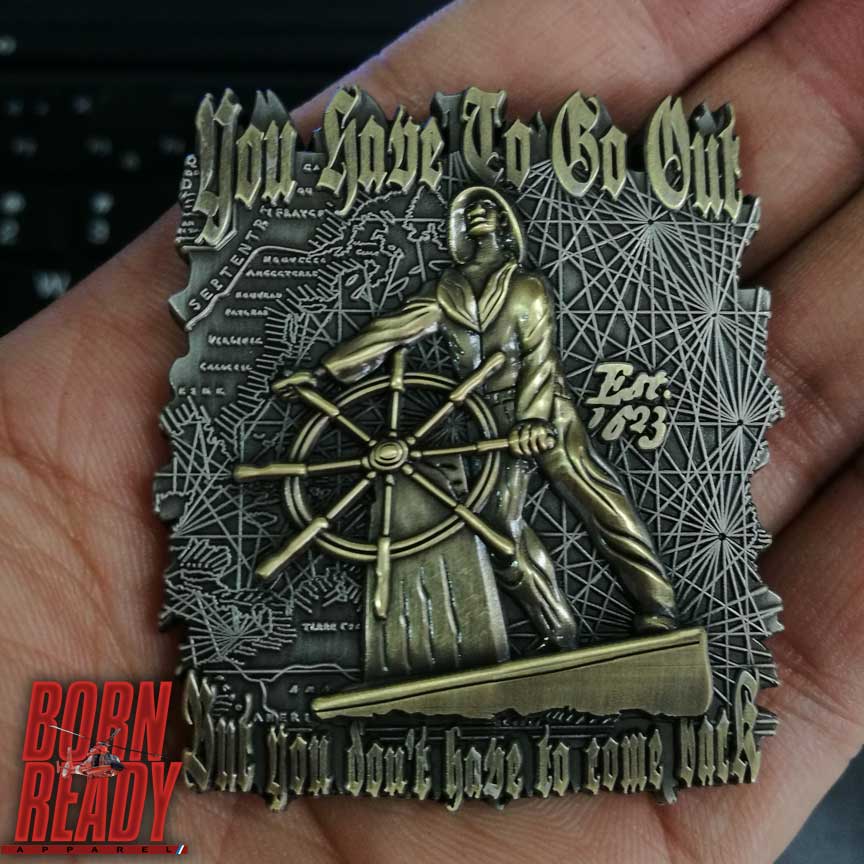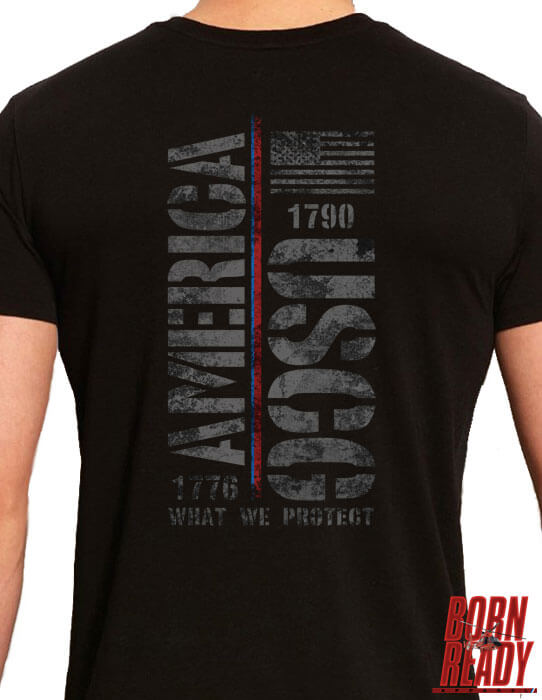The United States Coast Guard (USCG) is renowned for its commitment to safeguarding our coastal waters. To prepare dedicated men and women for service, the USCG conducts rigorous training at its Boot Camp. In this extensive blog post, we will delve into the USCG Boot Camp, exploring its location, types of training, classes, specialties, and the subsequent journey to specialized training at A schools.
- USCG Boot Camp Overview: 1.1. Location:
- The USCG Boot Camp, also known as Training Center Cape May, is situated in Cape May, New Jersey.
- It is the sole location for basic training for enlisted personnel in the USCG.
1.2. Purpose and Duration:
- USCG Boot Camp aims to transform civilians into disciplined, physically fit, and mentally resilient Coast Guardsmen.
- The training program lasts approximately eight weeks, comprising intensive instruction and physical conditioning.
- Training Components: 2.1. Military Indoctrination:
- Recruits undergo a comprehensive introduction to military life, including drill and ceremony, military customs and courtesies, and physical fitness.
2.2. Physical Fitness:
- A strong emphasis is placed on physical conditioning, including running, swimming, strength training, and obstacle courses.
- Recruits must meet specific fitness standards to graduate from Boot Camp.
2.3. Classroom Instruction:
- Recruits receive classroom education on a range of subjects, including maritime law enforcement, seamanship, navigation, firefighting, and first aid.
2.4. Water Survival and Swim Training:
- As the Coast Guard is deeply connected to water-based operations, recruits undergo intense swim training, including survival techniques, water rescue, and confidence-building exercises.
- Classes and Specialties:
- Recruits participate in various classes that lay the foundation for their future roles in the Coast Guard.
- Some examples of classes taken during Boot Camp include:
3.1. Seamanship and Navigation:
- Covers topics such as knot tying, navigation rules, ship handling, and basic maritime skills.

3.2. Communications:
- Teaches radio procedures, signaling methods, and the importance of effective communication in Coast Guard operations.
3.3. First Aid and CPR:
- Provides training in basic life-saving techniques, including cardiopulmonary resuscitation (CPR), injury assessment, and medical emergency response.
3.4. Damage Control:
- Focuses on firefighting, flood control, and damage control measures to handle emergencies on board Coast Guard vessels.
- Advancing to A School:
- Following successful completion of USCG Boot Camp, recruits progress to specialized training at A schools, where they acquire skills specific to their assigned ratings (jobs) in the Coast Guard.
- A schools are located at various locations throughout the United States and cover a wide range of specialties, such as aviation, maritime law enforcement, marine science, engineering, and more.

Conclusion: USCG Boot Camp is a transformative experience that molds civilians into capable Coast Guardsmen, instilling discipline, resilience, and the skills necessary for service. Through a rigorous curriculum encompassing military indoctrination, physical fitness, classroom instruction, and water survival training, recruits are prepared to face the challenges of protecting our coastal waters. Upon graduating from Boot Camp, recruits move on to A schools, where they further refine their skills and expertise in specialized areas. The USCG’s commitment to training and developing its personnel ensures a highly capable force ready to fulfill its vital mission of safeguarding lives and the maritime domain.